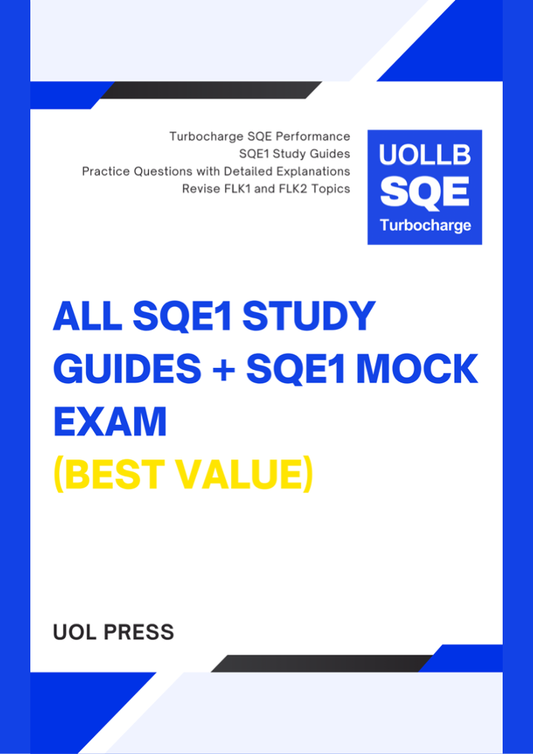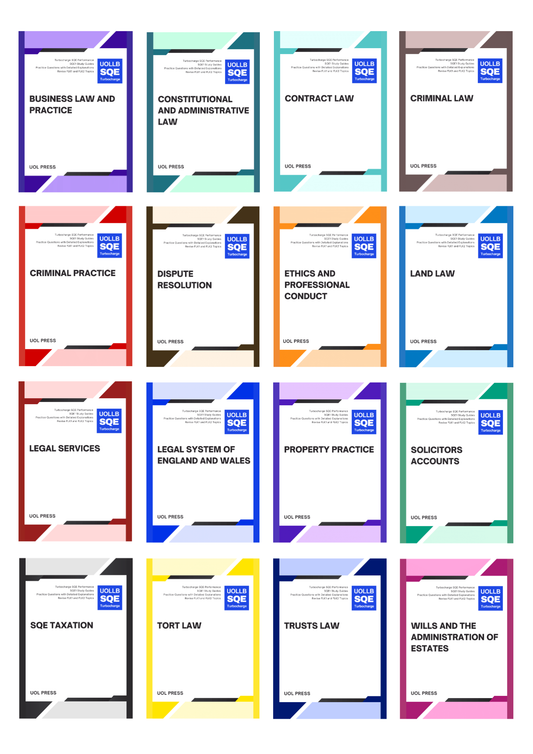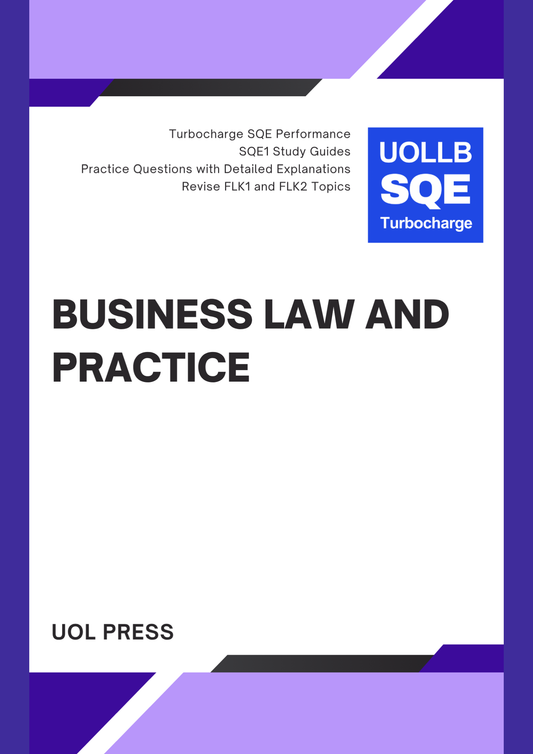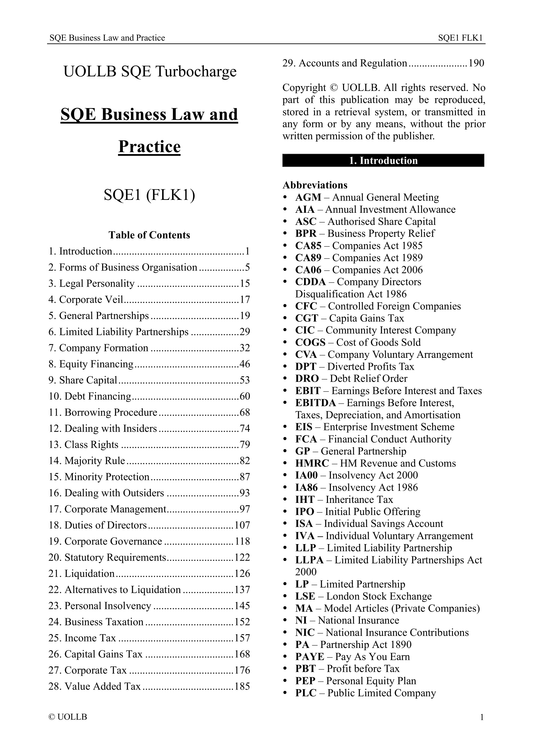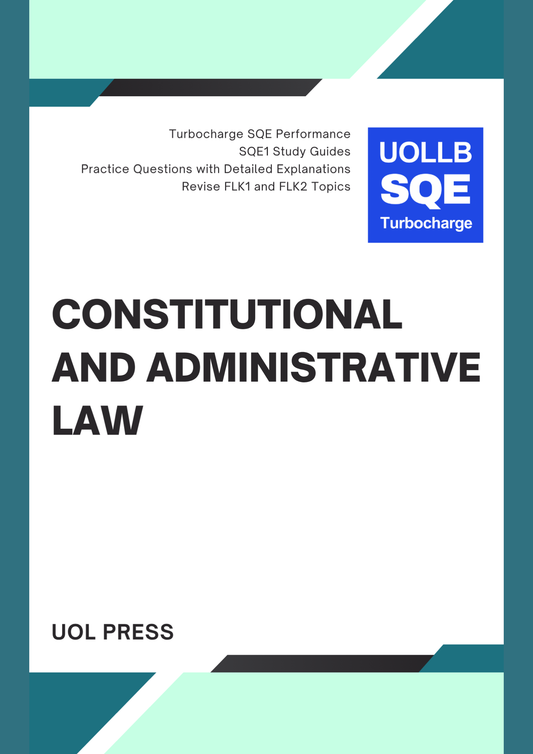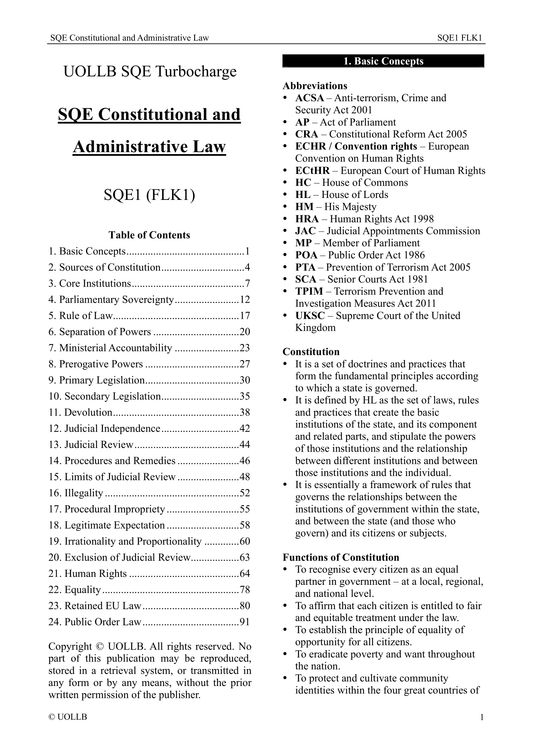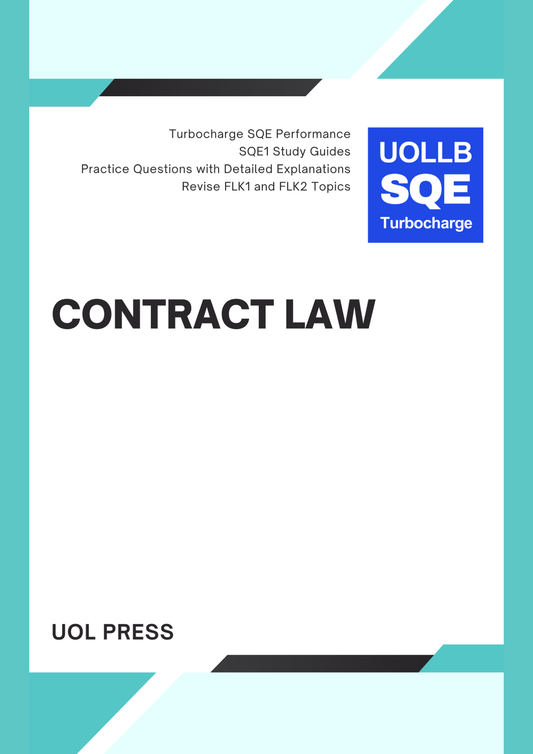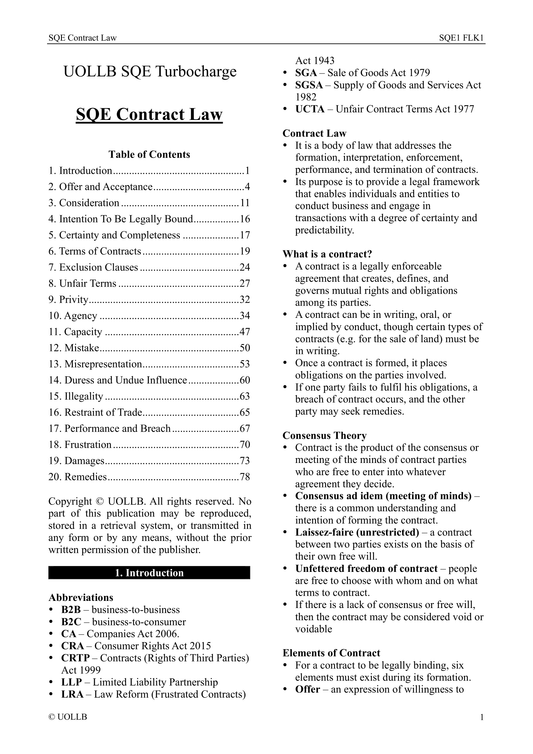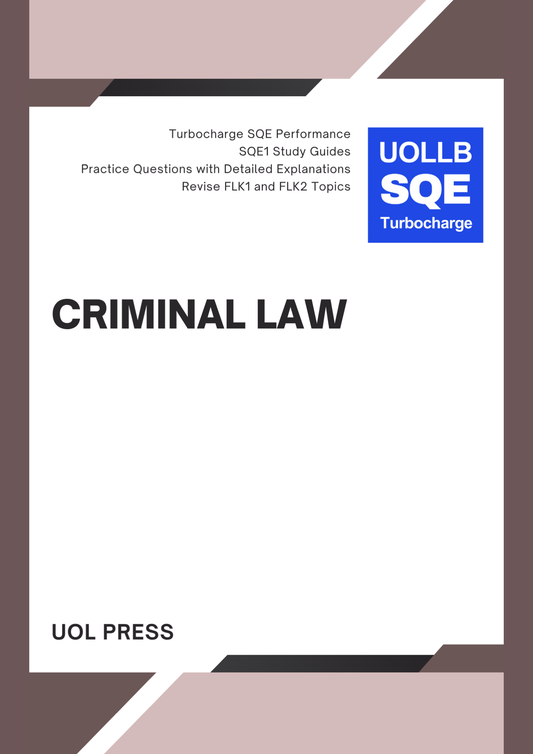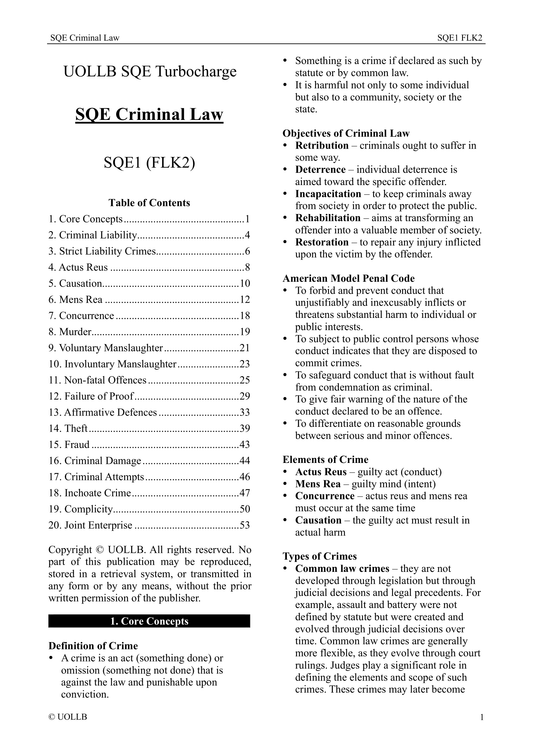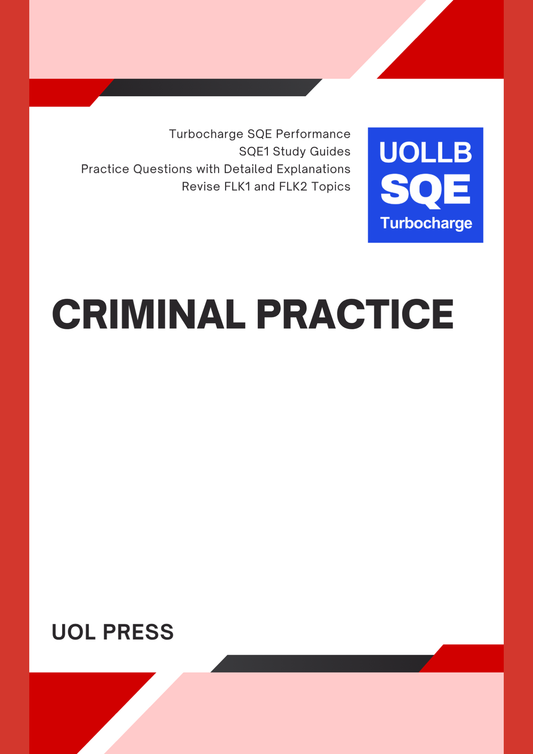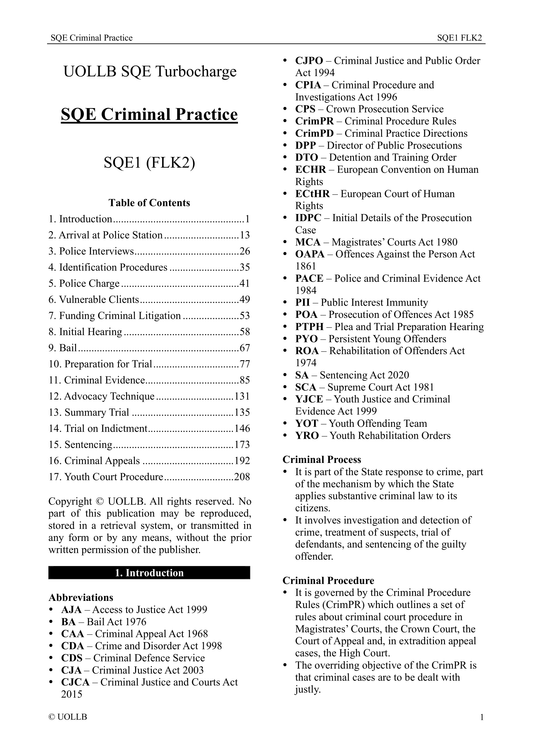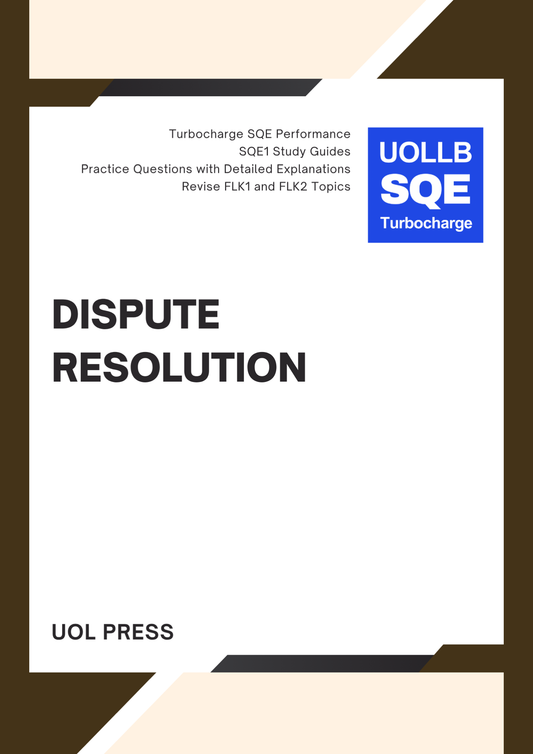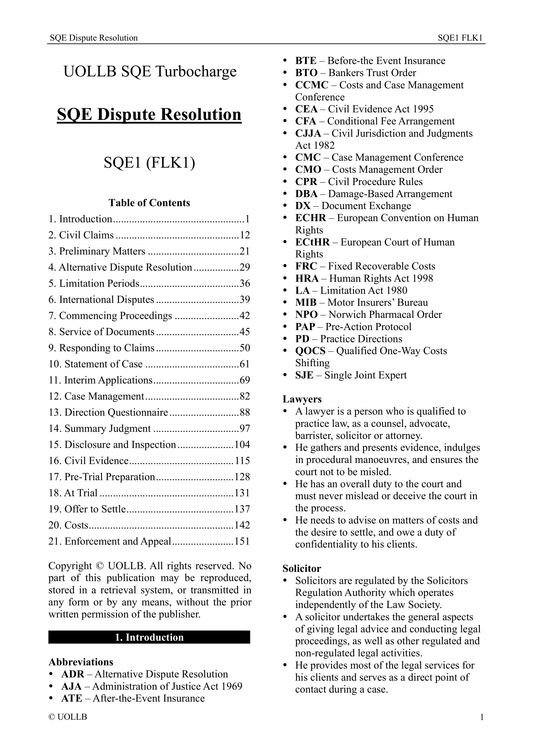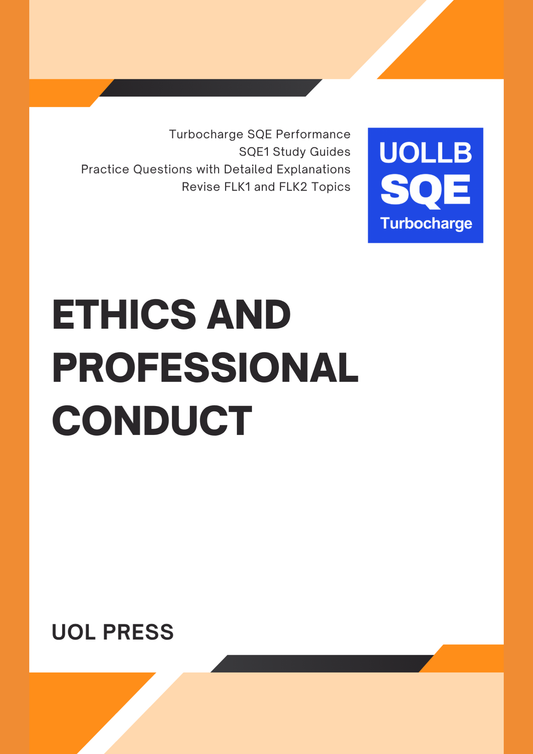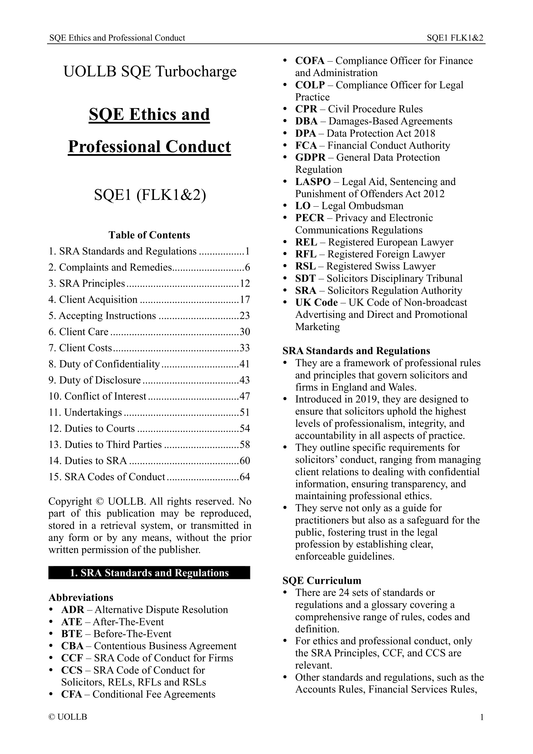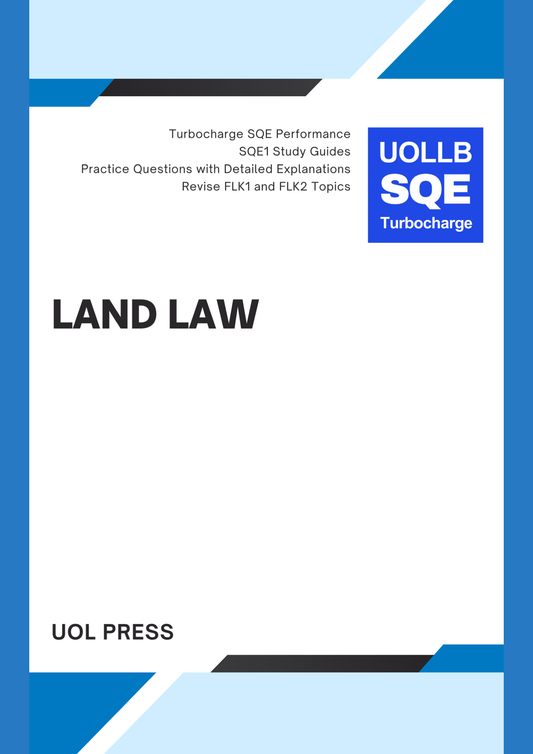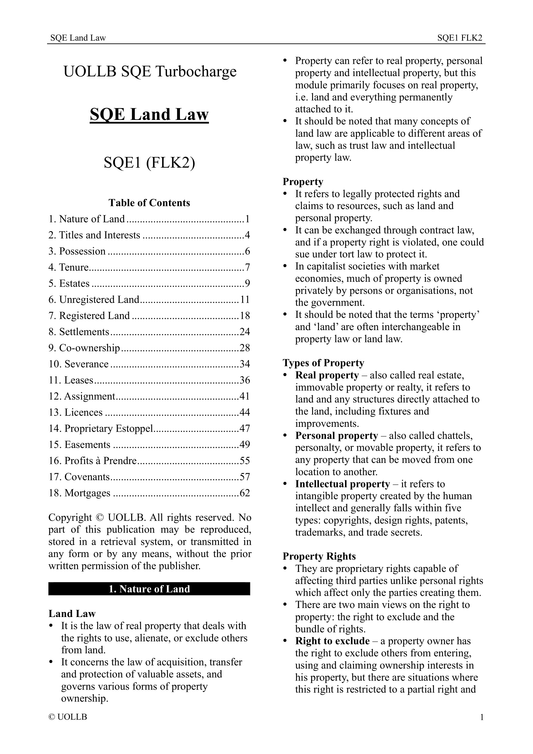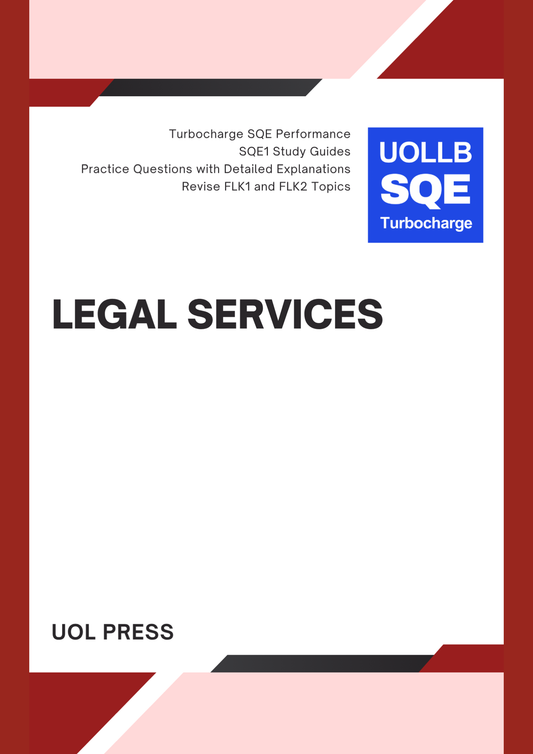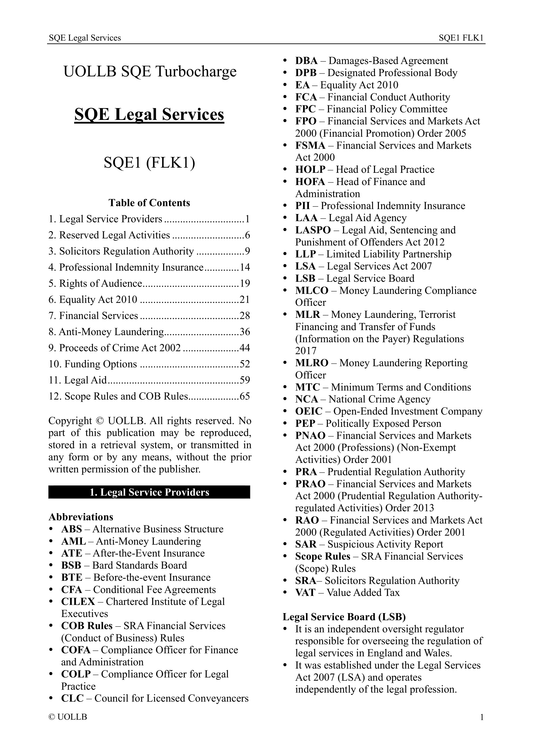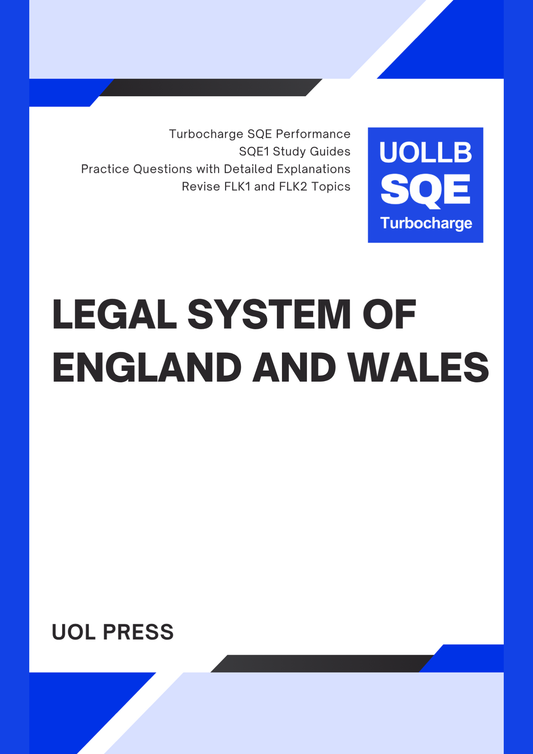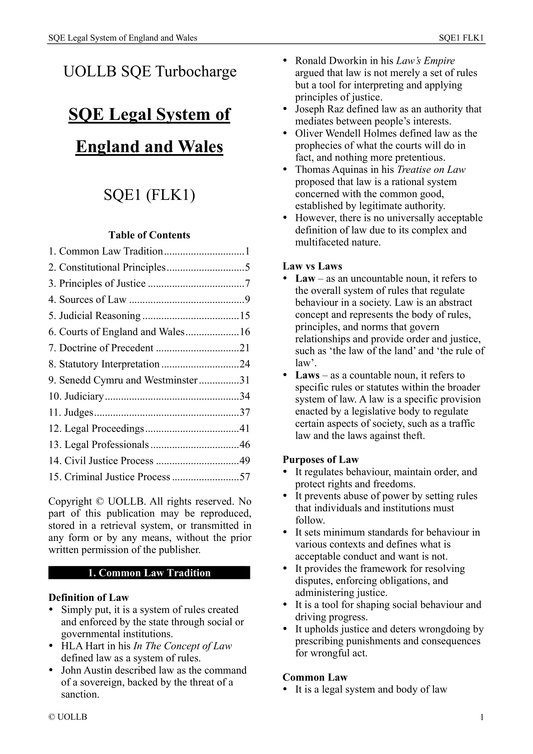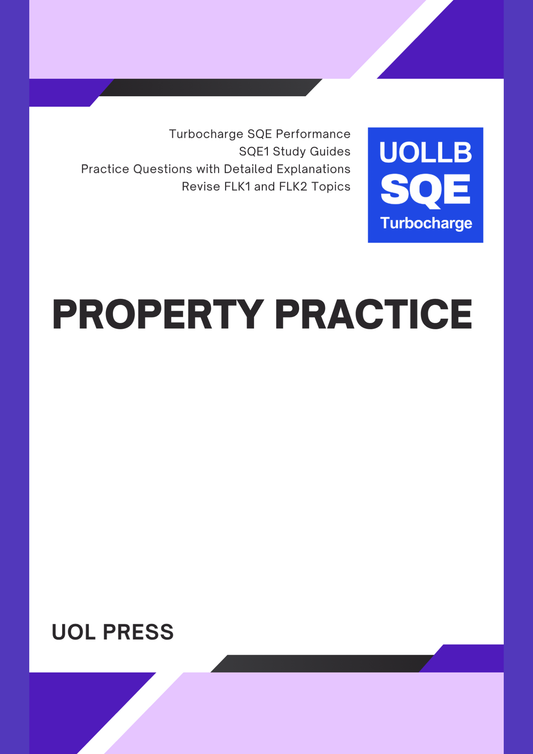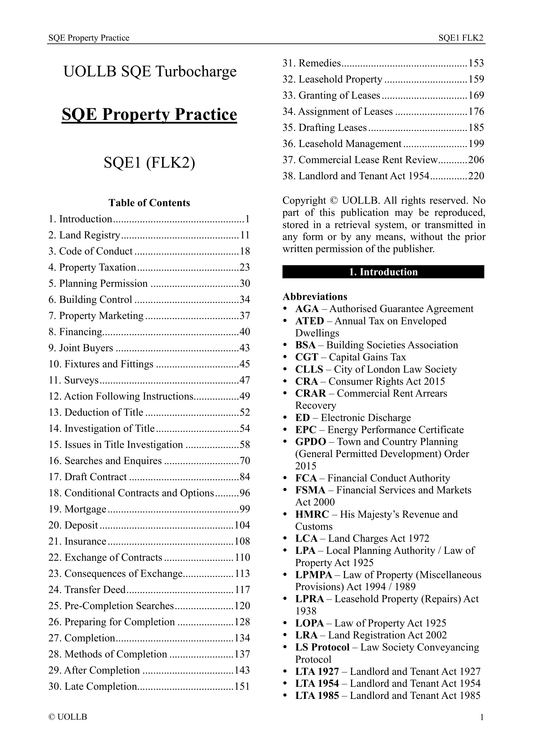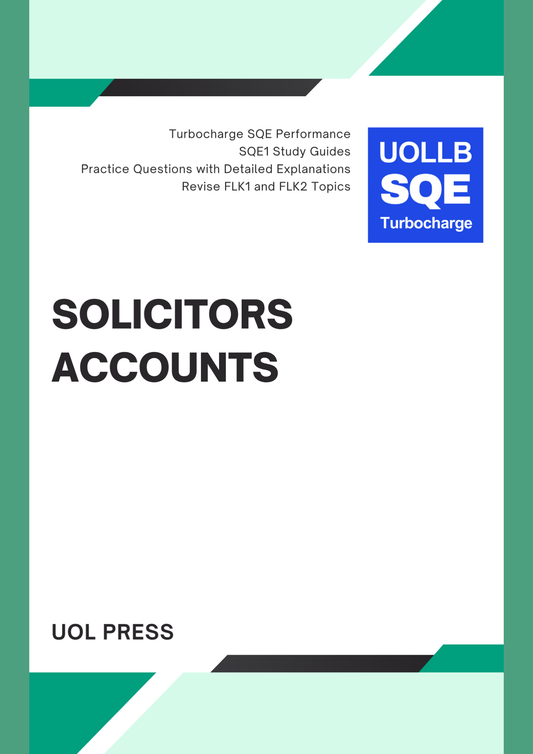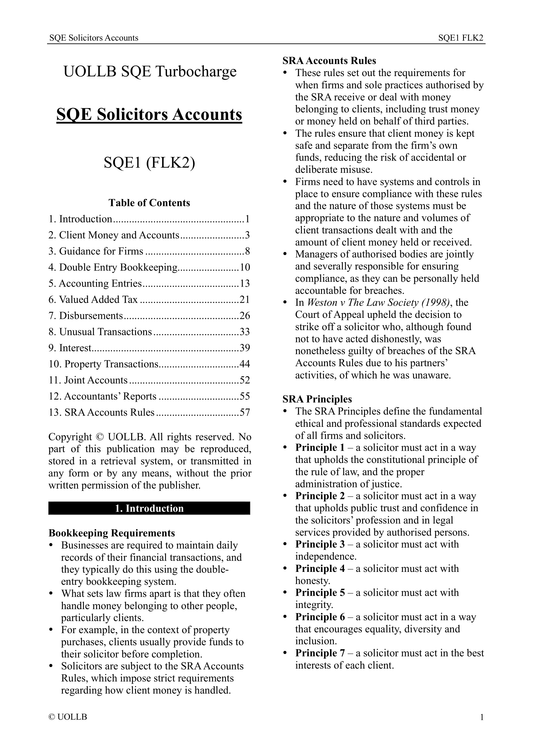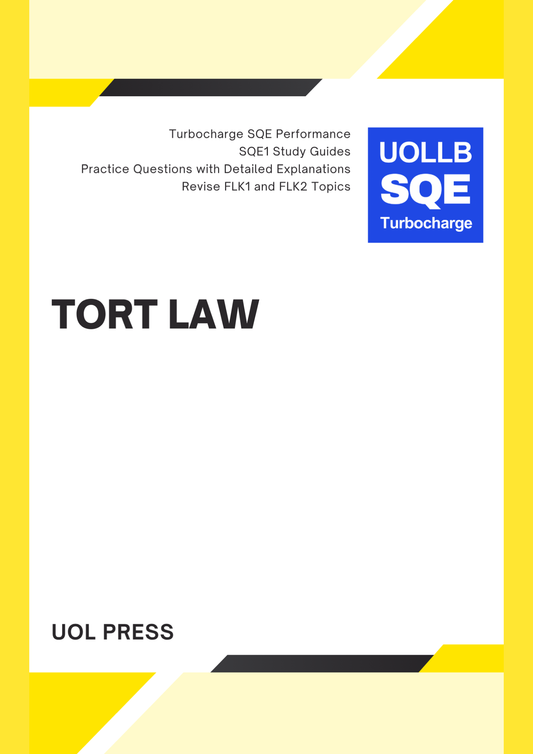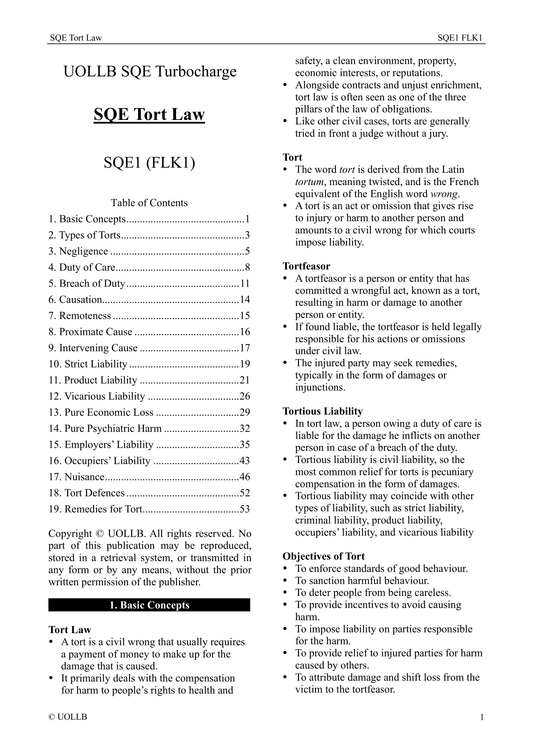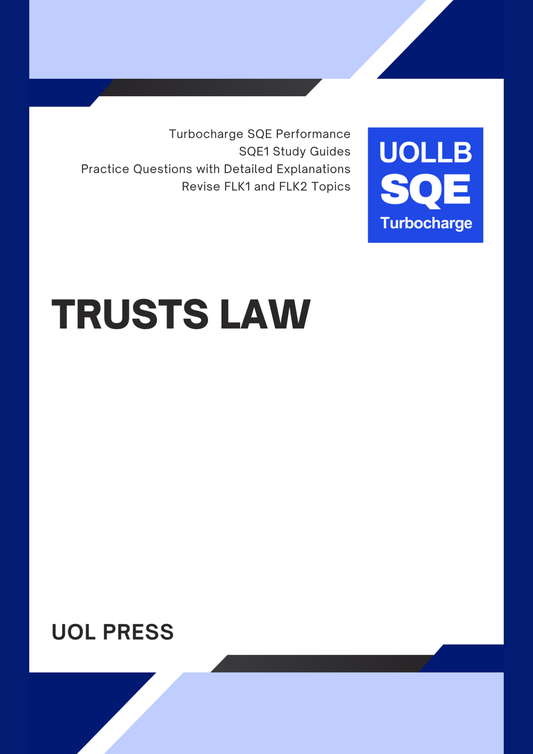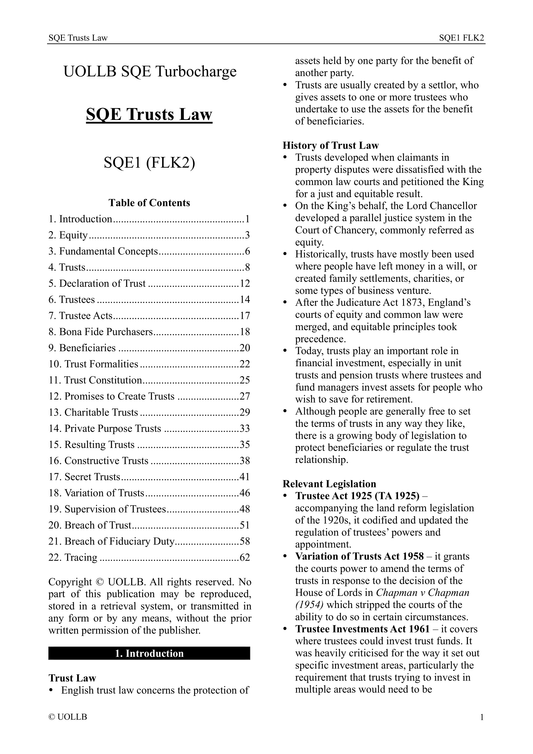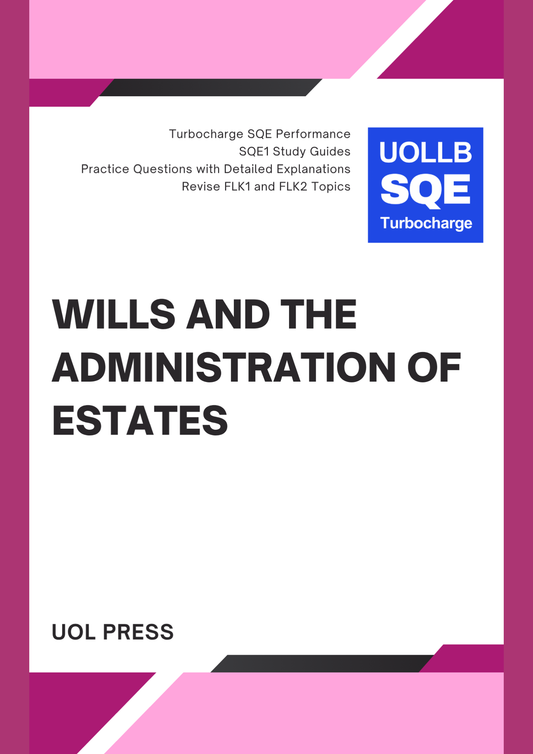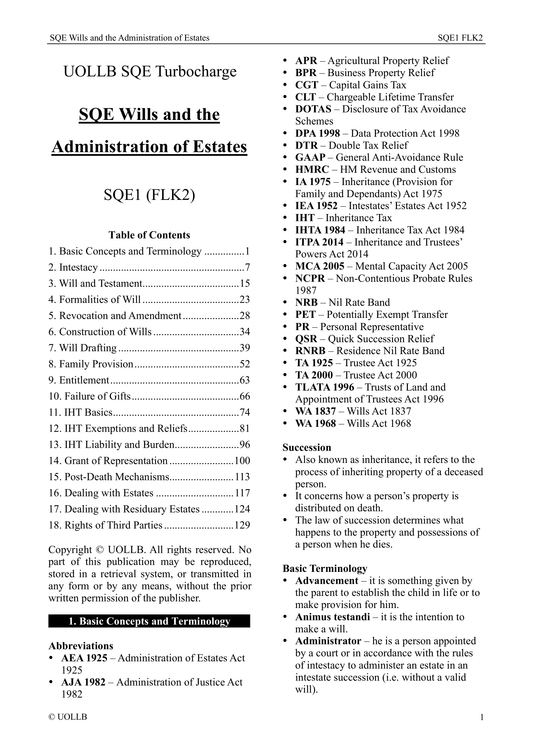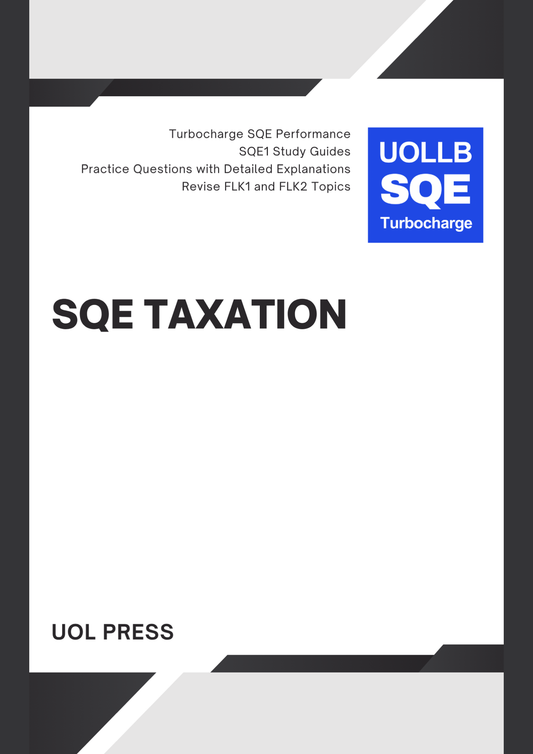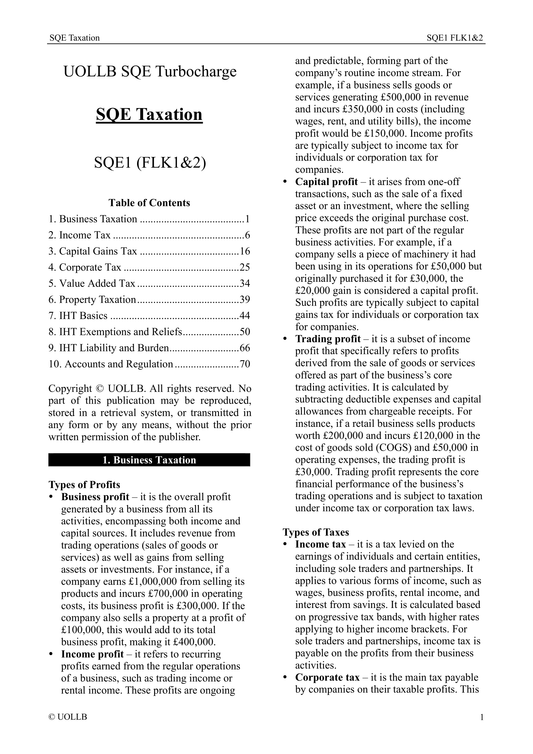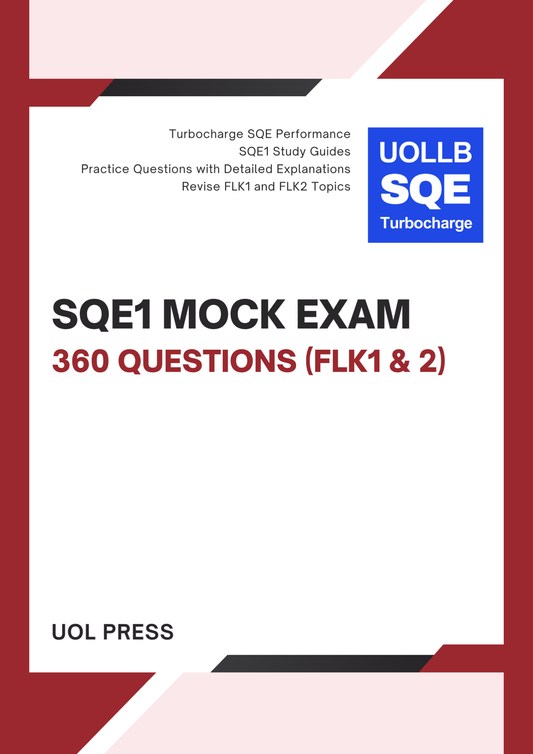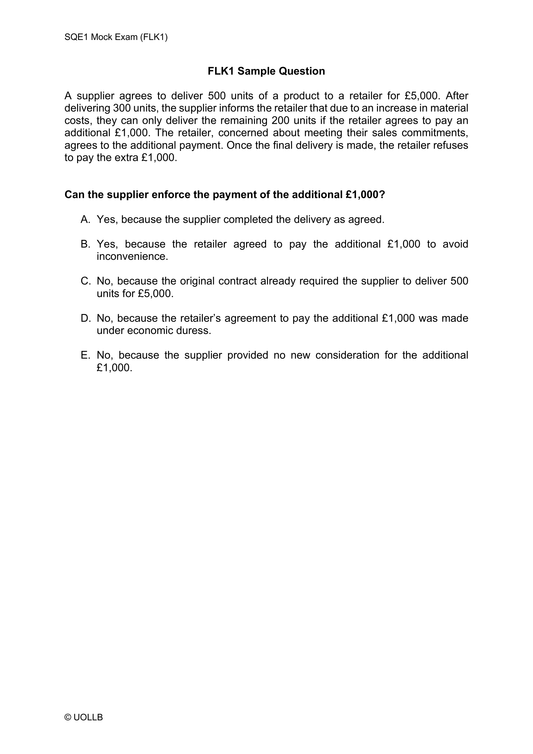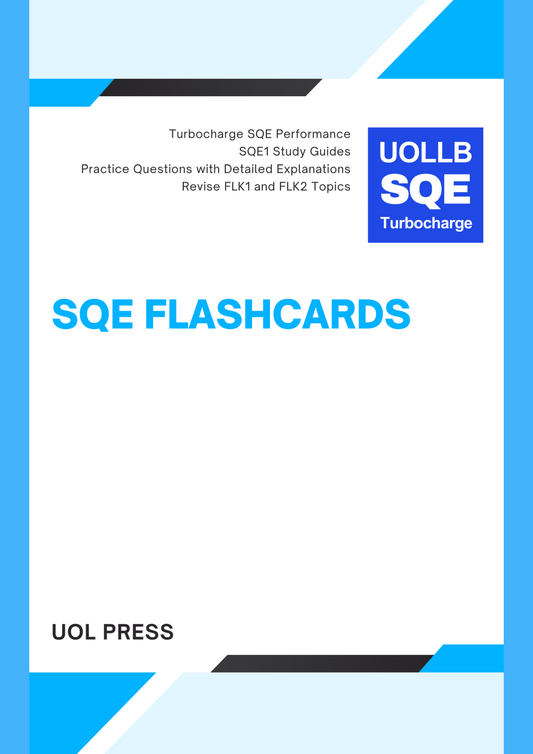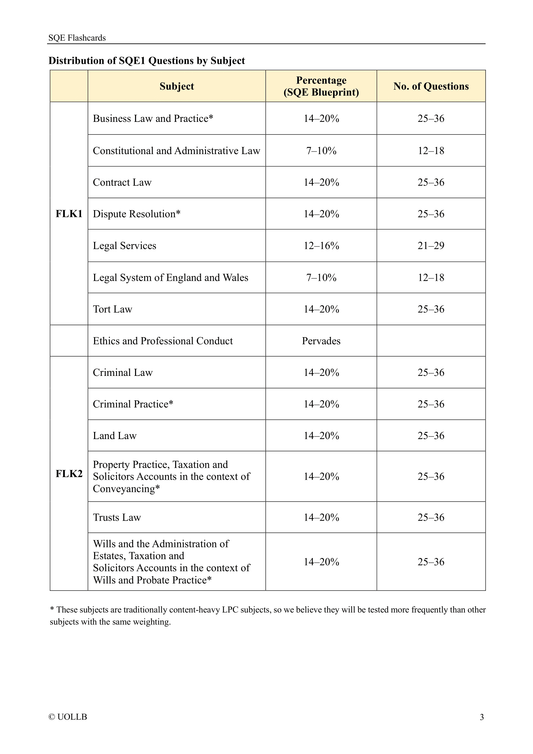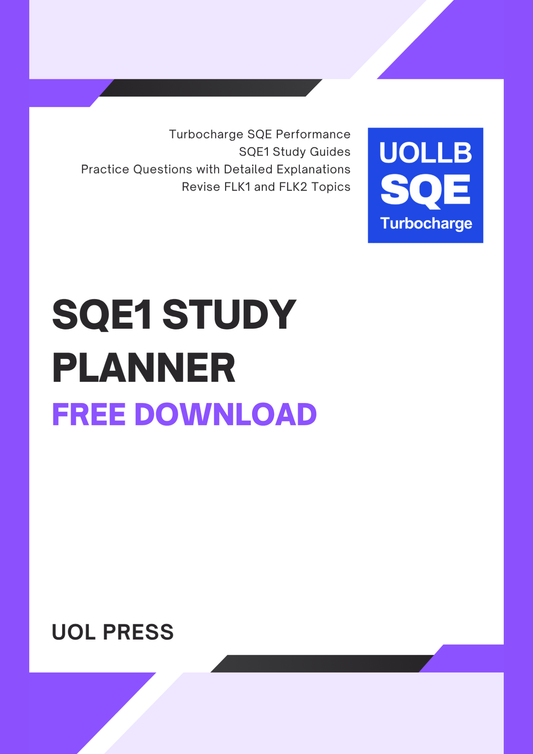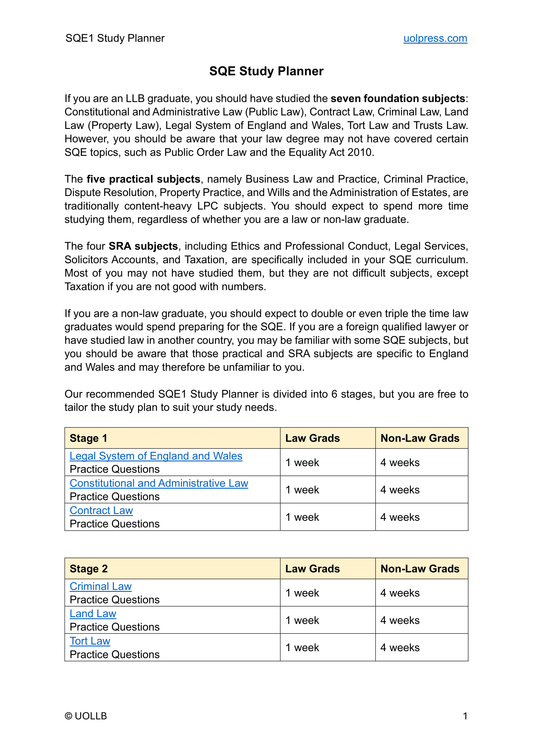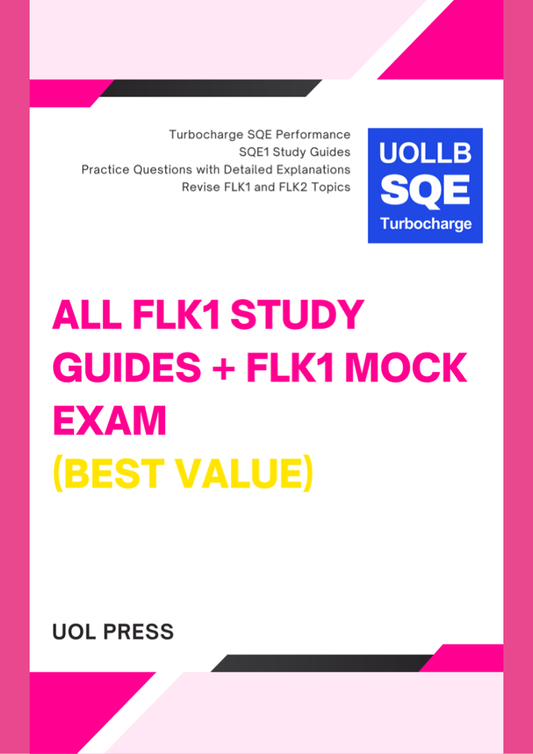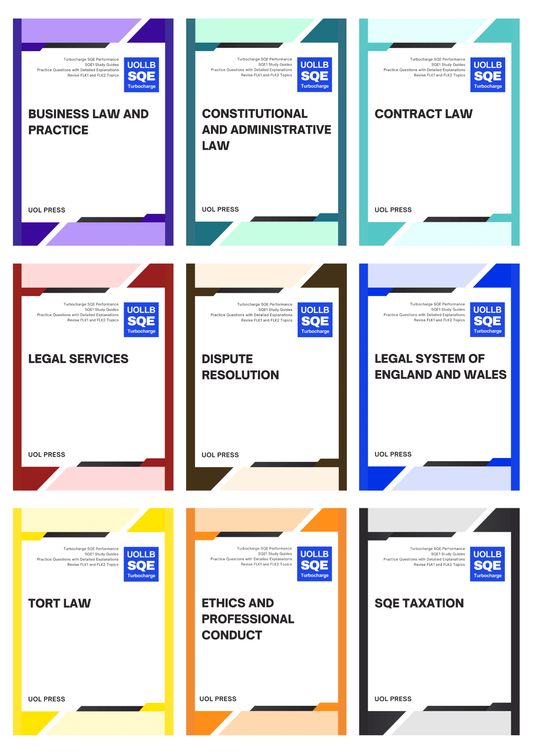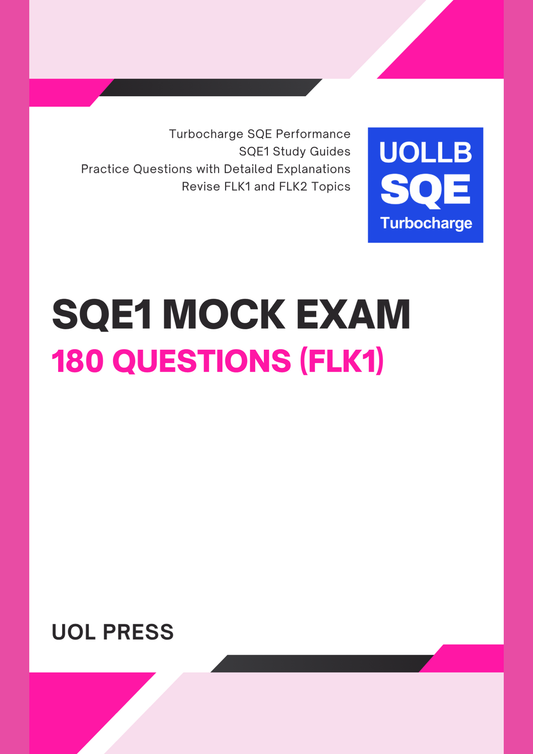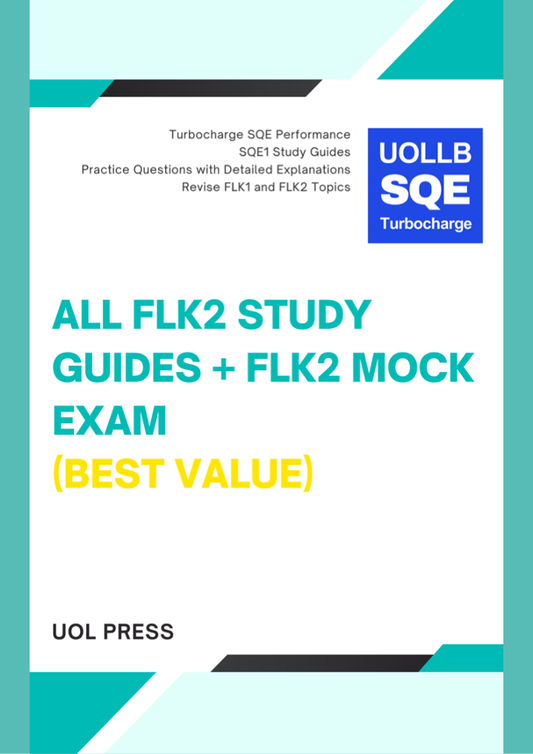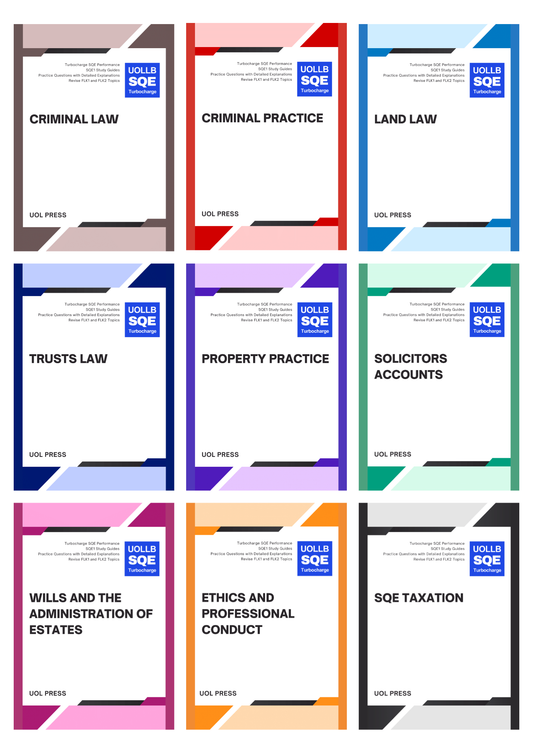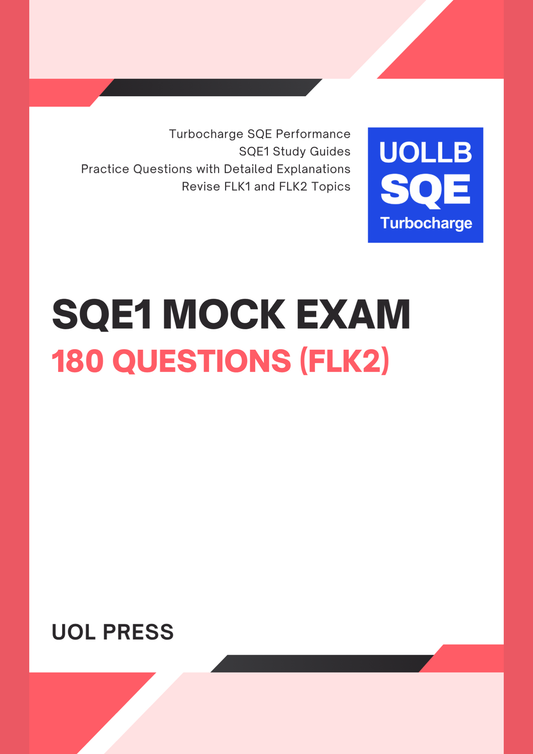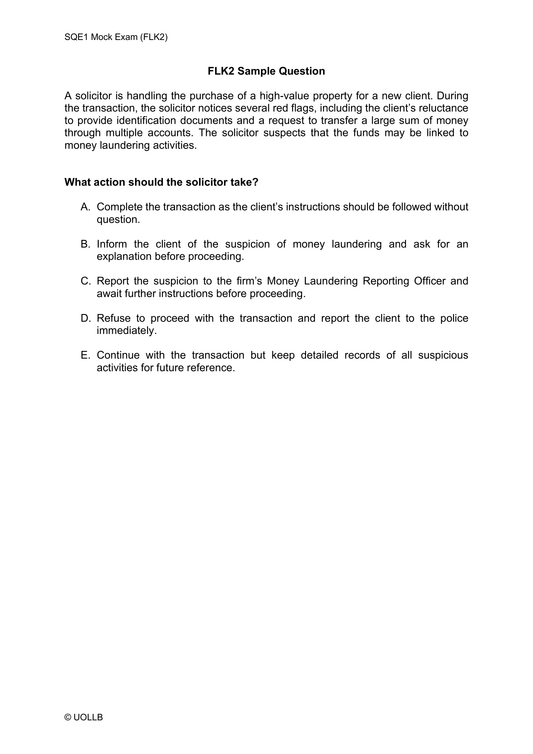Do You Need an LLM for Your SQE?
Share
One of the most frequent questions posed by aspiring solicitors is whether they should enrol in an LLM in Legal Practice that incorporates preparation for SQE1 and SQE2. While the idea of obtaining a postgraduate qualification may appear attractive, particularly for those seeking a more traditional academic route, the reality is that an LLM is not required to qualify as a solicitor in England and Wales. In fact, for many of you, especially if you self-fund your own studies, choosing an LLM may be both financially burdensome.
The central goal of any SQE candidate is simple: pass SQE1 and SQE2. These are high-stakes, expensive, professional assessments you must pass before you can be admitted to the Roll of Solicitors and practise as a solicitor. You do not need an LLM; a bachelor's degree in any subject will qualify you to sit the exam. Therefore, any course you choose should be judged solely on its ability to maximise your chances of passing the SQE. The focus should be on cost and performance, not prestige.
So why are so many course providers marketing a full-year LLM in Legal Practice that integrates the SQE? The answer lies in the legacy of the Legal Practice Course (LPC), which the SQE is gradually replacing. Many LPC providers began offering a Master’s level upgrade as a gimmick to attract students and secure funding through government-backed postgraduate loans. This strategy has carried over into the SQE route, with providers now pushing the LLM in Legal Practice as a way to offer a recognisable qualification and gain access to an additional source of income.
To be fair, there are a few advantages to the LLM route. It enables access to postgraduate student loans that can cover both course fees and SQE assessment costs. This is indeed an appealing option for those without other means of funding. It can also be helpful for international candidates, particularly where a UK Master’s degree carries academic weight in their home country. However, these advantages come at a cost.
The LLM in Legal Practice is significantly more expensive than a standard SQE prep course. It may include content and assessments that go beyond what is necessary to pass the SQE exams, such as a dissertation. Many students report that the extra steps required to reach Master's level standards are distracting, unnecessarily time-consuming, and do not help them with passing the SQE. You could pay the full fee, complete the entire LLM course, and still be unable to become a solicitor if you fail the SQE, leaving you empty-handed and out of pocket.
If your SQE studies are funded by a law firm, then the firm will likely guide you towards a provider that fits their internal training programme. But if you are a self-funded student, you must seriously consider whether it makes sense to take on up to £15,000 in student debt for local students and £25,000 for international students. A more efficient approach would be to enrol in a focused, cost-effective SQE1 preparation course. Passing SQE1 puts you in a strong position to seek Qualifying Work Experience (QWE) and gain practical legal skills, which will both improve your employability and make preparing for SQE2 much more manageable.
An LLM in Legal Practice is not a necessary step on the path to becoming a solicitor. The SQE was introduced precisely to widen access to the profession, offering a more flexible and affordable route to qualification. By choosing a targeted SQE course, passing the exam, and gaining QWE, you can reduce costs and avoid unnecessary academic overload and disappointment.
For most candidates, especially those funding themselves, the LLM offers limited value. The better investment is a focused and affordable preparation course and study materials that support your primary goal of passing the SQE to qualify as a solicitor as efficiently, affordably, and successfully as possible.
